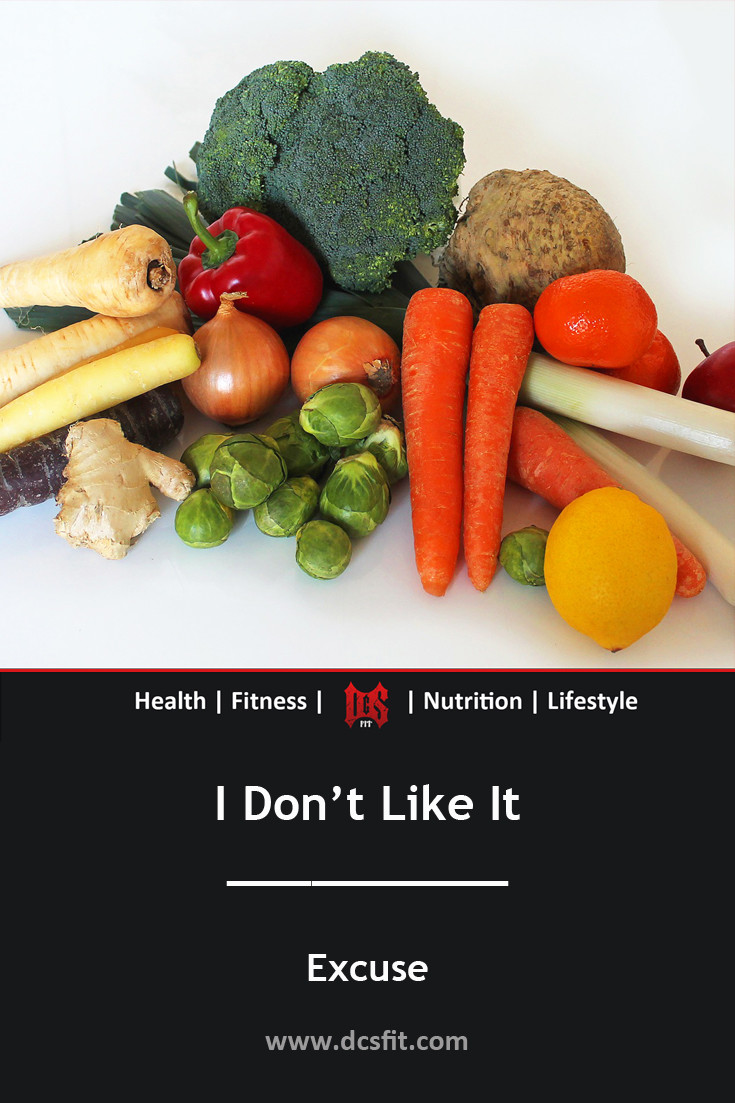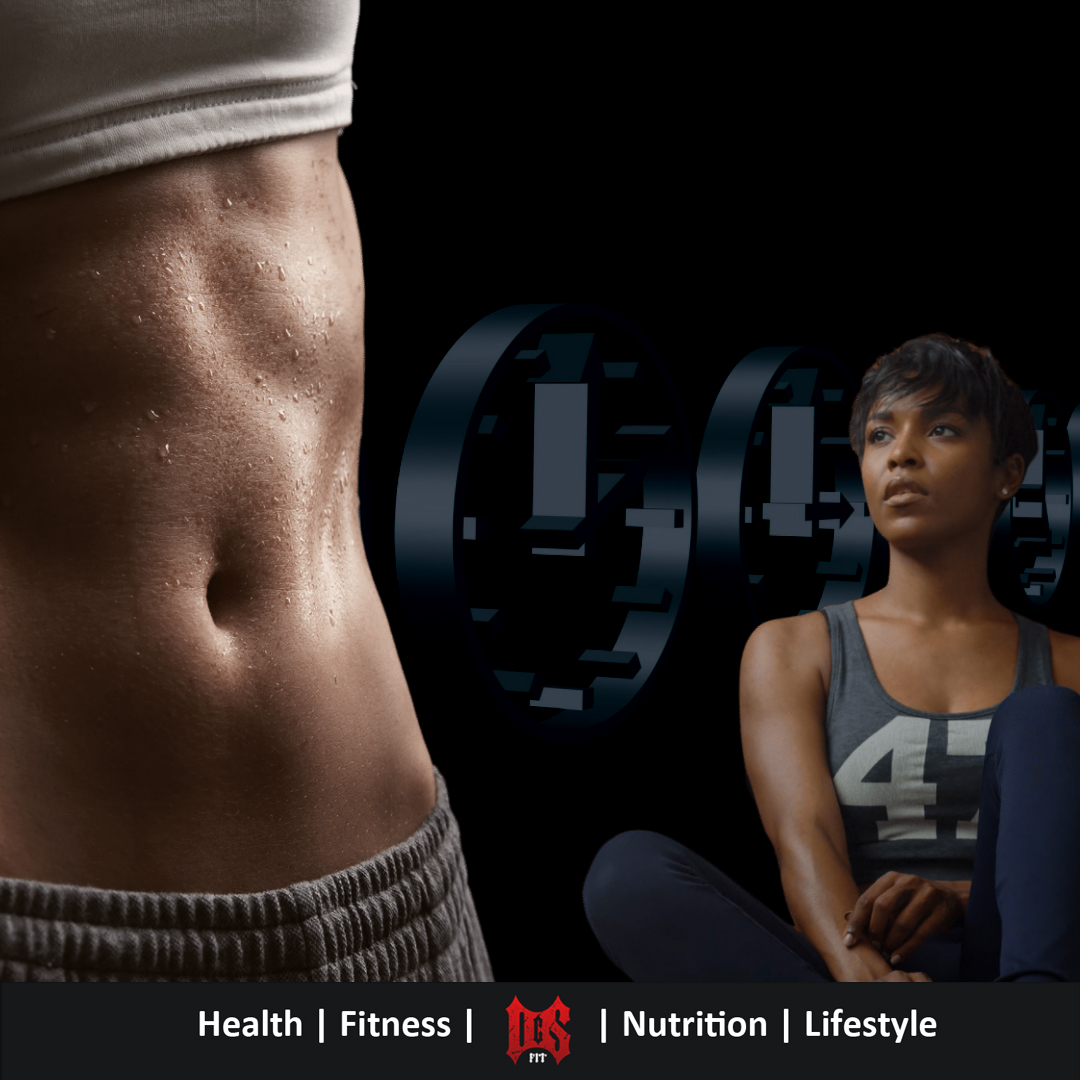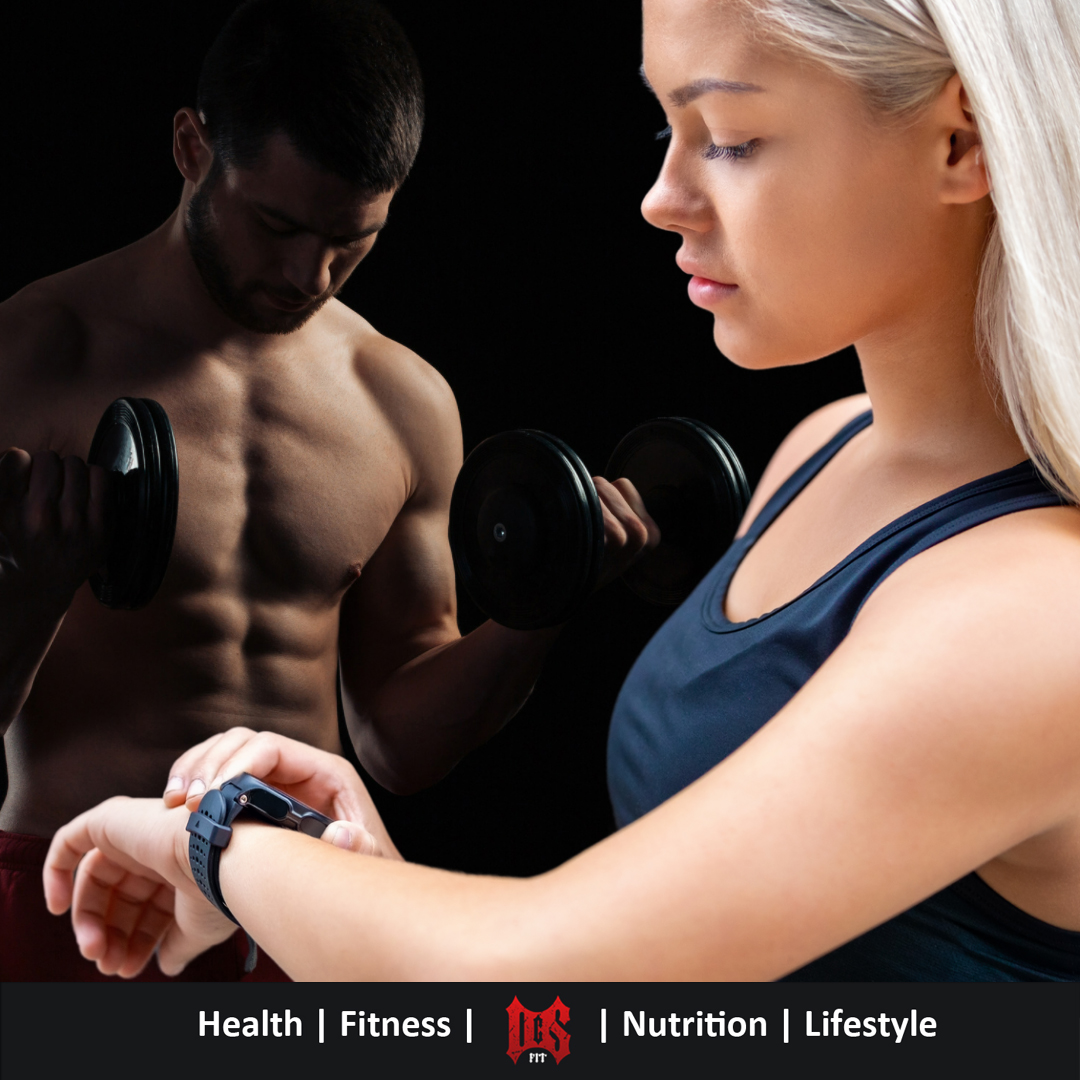I DON’T LIKE IT!
Whether you don’t like exercising, don’t like healthy food, or you simply don’t like yourself enough to commit to improvements, you’re not alone.
Last time we looked at the problem of having too much work and how it really is a choice and an excuse not to achieve the results you are looking for.
Is the phrase “I don’t like it” an excuse?
I suppose it depends, to some degree, on what “it” is. But if not liking something is hindering your health and fitness progress, it’s certainly worth addressing.
If you read my previous article, how to turn hate on its head, you’ll already know that working with an exercise you don’t like is often one of the most beneficial things you can do. If all you ever do is workouts you enjoy or you ‘like’ then you are almost certainly hindering your progress.
Below, we are going to address numerous common ‘dislikes’; why these are more excuses than issues; and how to re-frame or address the issues.
I don’t like exercising
Generally, people don’t like doing workouts because they are not very good at them.
Alternatively, you might feel uncomfortable doing them to a point that it is psychologically uncomfortable.
If you simply despise exercise in general, it is more likely to be the latter. But not necessarily.
Do any of these apply to you?
- I get frustrated because I can’t do anything well
- I feel like, when I try to exercise, I don’t progress quickly
- I’ve tried numerous fitness classes and I feel embarrassed by my strength, endurance or coordination
- I’ve joined gyms, but then feel lost with what to do
- I know what I should do, but I feel intimidated by others on the gym
- Every time I try working out I get injured
For the most part, each of these lead back to simply not being good at exercises. As such, it becomes off putting or embarrassing and therefore you don’t feel comfortable and your subconscious mind will find any reason to avoid exercise.
And saying you are just someone who doesn’t like exercising becomes a crutch that is easy to fall back on and leave you feeling comfortable.
By understanding that, in each of these cases, the problem is more that you are not simply not good at the exercises in question and that, through practice, that will change, is all that is needed to persevere and get over the hurdle that is stopping you progressing.
The psychological discomfort of exercise
Training can be enjoyable at times and the sense of satisfaction at the end of a tough session is hard to beat. But if workouts were easy or comfortable, everyone would do them.
Also, if they were comfortable, then they wouldn’t be challenging for your body and so you are not giving your system any reason to respond and develop.
However, this discomfort can become paralyzing when it comes to even starting any form of exercise.
Do any of these apply to you?
- Exercise makes me feel like I’m going to be sick
- Before any form of exercise I am focused on how hard it is going to be
- I can’t motivate myself to go to the gym
- Whenever I plan to exercise I always end up putting it off to the next day
- I want to go to the gym, but by the time I finish work, I’m too tired
- I’ve got an injury and I need to rest it before I go back to exercising
- I don’t want to exercise but I want to lose weight
- I hate exercise
If exercising makes you feel physically sick (or you do actually throw up) that can trigger a huge emotional response to the idea of exercise. No one wants to feel that way. Therefore, your subconscious will automatically look for ways to avoid it happening again. And avoiding the thing that triggered it is the simplest solution.
All the other elements on this list are triggered by deep rooted psychological issues connected with exercise.
What caused them in the first place will be different for everyone. But the fact is, you are not lazy, you are not too tired (yes sometimes, but not if this is frequent) and you don’t hate exercise.
Rather, you have an aversion to a feeling that is associated with exercise.
And, like the physical sickness situation, your subconscious is looking for ways to avoid triggering that negative emotional response.
But by recognizing that this is the issue, rather than the one you are masking it with, it is the first step in overcoming the problem.
Once you understand what the issue is, it is much easier to deal with it.
I don’t like healthy food
To a large degree, when it comes to diet, if something is good for you and is really going to make a difference, then just suck it up and get it down.
To say you don’t like healthy food is such a broad, and excluding statement, it can’t possibly be true.
To a large degree, there are health benefits to so many sources of food. Meaning, so long as moderation and balance are considered, almost any food that you do like could be considered “healthy”.
For example, dark chocolate is a fantastic source of antioxidants, it can improve blood flow and cholesterol balance. The case for the health benefits of dark chocolate is pretty high.
Then again, eat nothing but dark chocolate all day and you are going to have major health issues.
Some foods cause specific reactions in individuals that make them unhealthy for that person. But I can’t imagine those foods being high on anyone’s ‘like’ list, if they are causing physical ailments.
What this leaves is a situation where, the only way it can be possible to ‘not like healthy food’ is if you are only willing to eat processed foods exclusively.
No one is born that way.
It is a taste developed over time.
And, as it is a ‘learned’ taste, it is, therefore, possible to unlearn it.
However, rather than not liking healthy food, it’s more likely that what is meant is, “I don’t like vegetables”
Don’t Like Vegetables
I don’t know how many times I’ve heard “I don’t like vegetables” or when you hear the veg intake it consists of only carrots or the occasional salad.
Occasionally I will recommend some kind of peri-workout nutrition in the form of a shake. Or possibly some kind of supplement if their lifestyle is making nutritional intake a problem.
To then refuse to drink it due to not liking the taste is a poor excuse indeed.
Remember what you are training for.
Remember how important that result is to you.
Is it really such an issue to eat or drink the odd thing that doesn’t 100% agree with your pallet?
If you are not nutritionally fuelled, your workouts will suffer; your energy levels will suffer; your recovery will suffer. In short, your results will suffer.
I’m not saying all your meals should be boring or bland.
There’s no need to be forcing down chicken and broccoli for every meal.
There is a world of variety available without eating garbage and if you have a bit of time, you can really make some exceptionally tasty options.
But if you are already using the ‘time is short’ excuse, don’t add another one if you have to use some kind of supplement.
For example, if you genuinely can’t stomach vegetables, perhaps you could try a greens shake [click here for an example]
I’m not saying they taste great, but you can just throw them down and get the nutrients in. It gets it over with quickly and removes the excuse.
You can try out different flavours as you go, but if it is your only option, just get it down you.
Saying you don’t like something and then chomping on a bar of chocolate, heading to McDonalds or starving yourself is just insane.
Or it is simply proof that your goals aren’t strong enough on an emotional level. They are simply something you ‘fancy’ rather than truly desire.
So always return to the emotional reason for making the change in the first place.
Remember what you want to achieve and why.
Think of how you will feel and what it will mean to you to achieve your new physique, to feel healthier, stronger or more vibrant.
Remember those changes are for a lifetime and the thing you ‘don’t like’ will only last a few moments.
Obviously there are some foods that, in some people, cause a physical gag reflex. For me it’s porridge. But I also have a bad connection with the smell of cooked cabbage and sprouts. But there is a whole world of options out there.
Can you honestly tell me you’ve tried every beetroot type out there? You may not like broccoli, but have you tried tender-stem broccoli? What about purple stem broccoli? The options are more than just the 4 or 5 things that you may have been forced to eat as a child and grew to resent.
And just like your exercise choices, you may well find that, by trying foods you didn’t previously like, you may develop a taste for them long term.
Then you get the results as well as a healthier pallet to go with it, so further improvements will come much easier in the future.

“I don’t like it” is a child’s response – be better than that!
Cereal boxes have cartoon animals on them to appeal to children. McDonalds has a clown for an icon, to appeal to children. When you hear the word “Sweeties” what age is the person you’d imagine saying it?
Eat like an adult, act like an adult and do the things that are good for you rather than just because, “I want it!”.
And if the problem is that you just don’t know what to do in generating a good nutritional approach, either download this nutrition guide, or check out this online course that will take you through things step by step.
Be the best you can possibly be.
At least until next time, when we will be covering the issue of being too tired to workout. Now go prep some greens to go with your next meal.
If the ‘too tired’ issue is something that affects you and you want to go straight there, Click HERE
And if you missed the previous article in this series on the issue of too much work to workout and that is something that affects you, be sure to check that one out.

The ‘I don’t like it’
Excuse by Mark Tiffney
What are your thoughts?
Are you one of the ‘I don’t like ANY vegetables’ crew? Are there things you simply avoid just because you don’t like them? Has this piece made any change to that?
Let me know in the comments below.
And keep us updated with how you get on if you do decide to simply ‘suck it up’ in the short term and try to find the things you never thought you would like and now do.




Leave A Comment